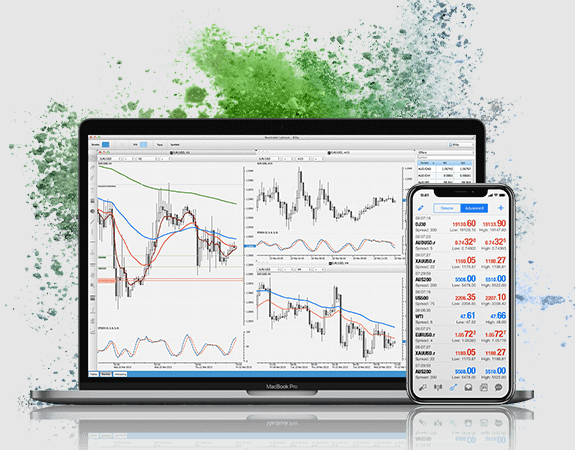Maintaining a commercial property involves more than just routine upkeep. Ensuring that HVAC systems, plumbing, and other critical components function efficiently is essential for operational success and minimizing downtime. This comprehensive guide explores the critical aspects of commercial maintenance, focusing on HVAC systems and plumbing, with specific attention to Commercial Tankless Water Heater Installation and the role of a plumber.
HVAC System Maintenance: Ensuring Optimal Performance
An HVAC (Heating, Ventilation, and Air Conditioning) system is crucial for maintaining a comfortable and productive environment in commercial spaces. Regular maintenance of HVAC systems ensures optimal performance, energy efficiency, and longevity. Here are key aspects to consider:
- Regular Inspections and Servicing: Scheduled inspections by a qualified technician can identify and address potential issues before they become significant problems. Regular servicing, including cleaning filters and checking refrigerant levels, helps prevent unexpected breakdowns.
- Air Filter Replacement: Air filters play a vital role in maintaining indoor air quality. Clogged or dirty filters can lead to reduced efficiency and increased energy consumption. Regular replacement is essential to ensure that the system operates smoothly.
- Ductwork Maintenance: Proper maintenance of ductwork is crucial for efficient airflow and preventing leaks. Leaky ducts can lead to energy loss and reduced system efficiency. Regular inspections and repairs can help maintain optimal performance.
- System Calibration: Ensuring that the HVAC system is correctly calibrated helps maintain accurate temperature control and energy efficiency. Regular adjustments and recalibration can improve system performance and comfort.
- Emergency Repairs: Having a plan for emergency repairs is essential. Quick response to system failures can minimize downtime and avoid disruption to business operations.
Commercial Tankless Water Heater Installation: A Modern Solution
A commercial tankless water heater offers numerous benefits over traditional tank-style heaters. These systems provide on-demand hot water, which can be more energy-efficient and space-saving. Here’s what you need to know about Commercial Tankless Water Heater Installation:
- Advantages of Tankless Systems: Unlike conventional water heaters that store hot water in a tank, tankless systems heat water directly as it passes through the unit. This eliminates the need for a large storage tank and reduces energy consumption by only heating water when needed.
- Installation Considerations: Proper installation of a tankless water heater requires expertise in both plumbing and electrical work. It’s essential to consider factors such as the unit’s capacity, the existing plumbing system, and the electrical requirements. Working with a qualified professional ensures that the system is installed correctly and operates efficiently.
- Maintenance Needs: Tankless water heaters require regular maintenance to ensure their longevity and efficiency. This includes descaling the unit to prevent mineral buildup and checking the system for any potential issues. Regular maintenance helps maintain optimal performance and extend the lifespan of the unit.
- Energy Efficiency and Cost Savings: Tankless water heaters are known for their energy efficiency. By heating water on demand, they reduce energy waste associated with keeping a tank of water hot continuously. This can lead to significant cost savings over time.
The Role of a Plumber: Essential for Effective Maintenance
A skilled plumber plays a crucial role in the maintenance and operation of commercial plumbing systems. Their expertise ensures that all plumbing-related issues are addressed promptly and effectively. Here’s how a plumber contributes to commercial maintenance:
- Routine Inspections and Maintenance: Regular inspections by a plumber can help identify potential issues such as leaks, clogs, or deteriorating pipes. Routine maintenance, including cleaning drains and checking for leaks, helps prevent more significant problems and maintains system efficiency.
- Emergency Repairs: In the event of a plumbing emergency, such as a burst pipe or severe leak, having a reliable plumber on call is essential. Quick response to emergencies can minimize damage and reduce downtime for the business.
- Installation and Upgrades: Plumbers are responsible for installing new fixtures, pipes, and systems, including commercial tankless water heaters. They ensure that installations meet building codes and operate efficiently. Upgrading old or inefficient plumbing systems can also improve overall performance and energy efficiency.
- Preventative Measures: A plumber can recommend and implement preventative measures to protect the plumbing system. This may include installing water filtration systems, backflow preventers, and other components that enhance system reliability and safety.
Conclusion
Effective commercial maintenance requires a proactive approach to managing HVAC systems and plumbing. Regular servicing of HVAC systems ensures optimal performance and energy efficiency, while proper installation and maintenance of tankless water heaters can lead to significant cost savings and operational benefits. The role of a plumber is indispensable in maintaining a functional and efficient plumbing system, from routine inspections to emergency repairs. By focusing on these essential aspects of maintenance, businesses can ensure a comfortable, efficient, and uninterrupted operational environment.








